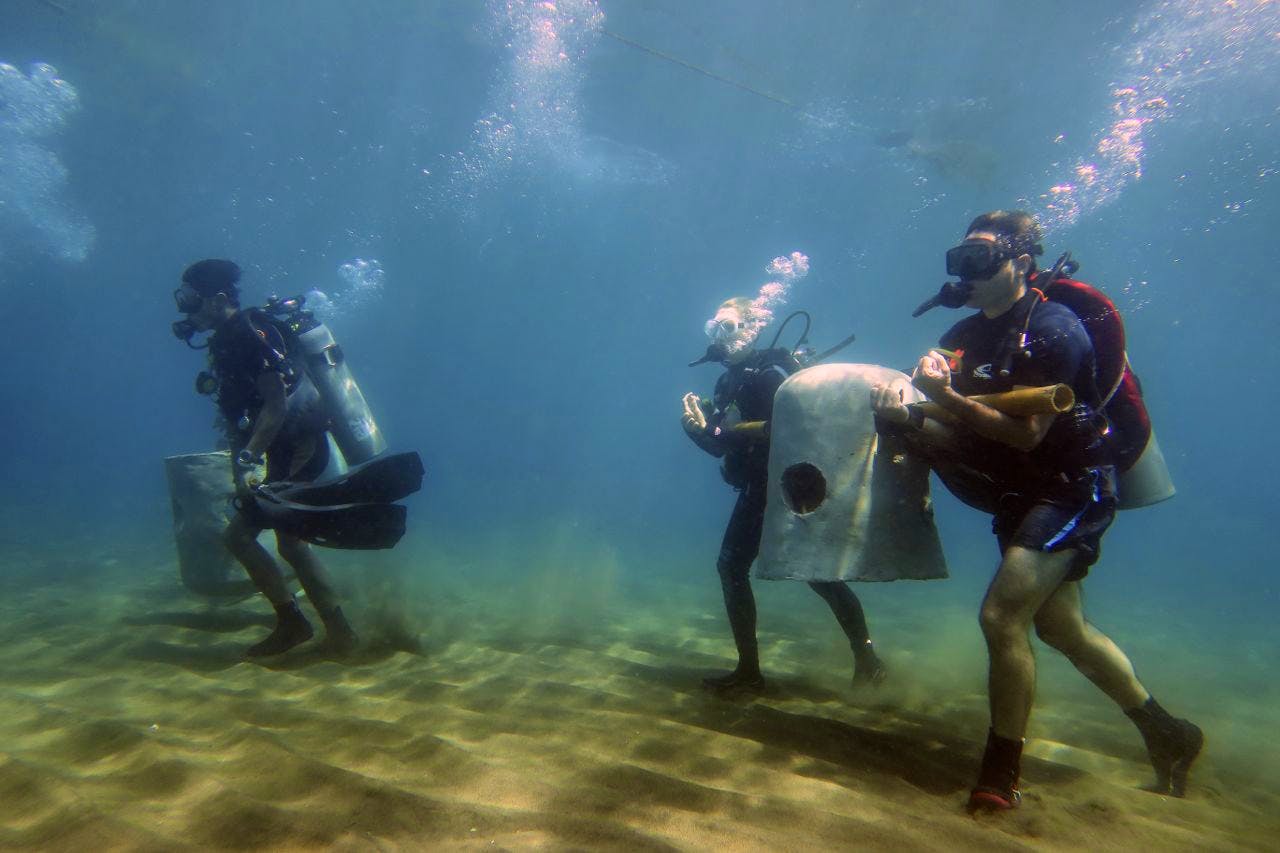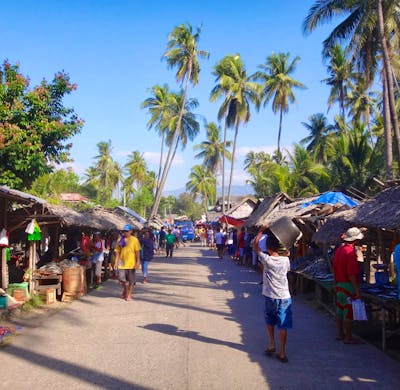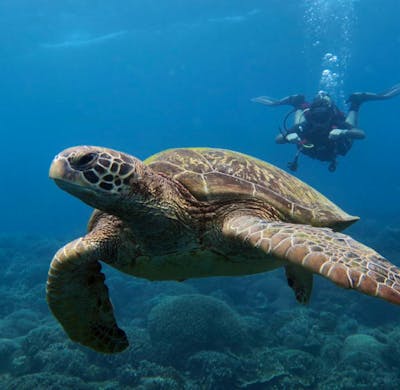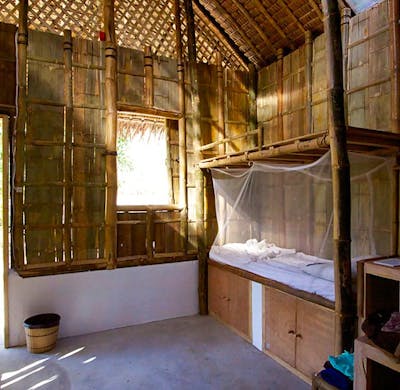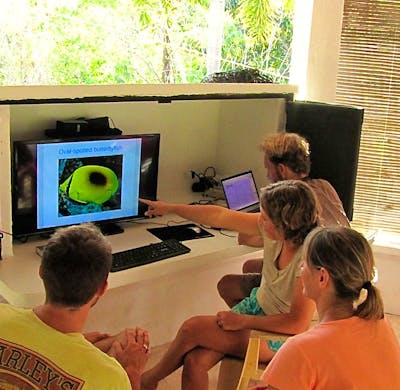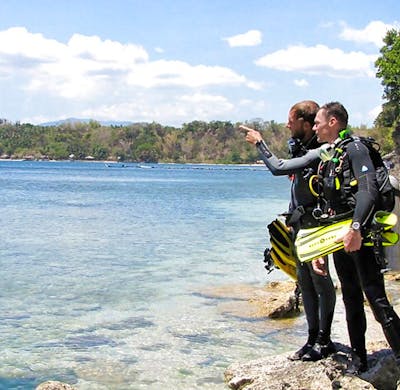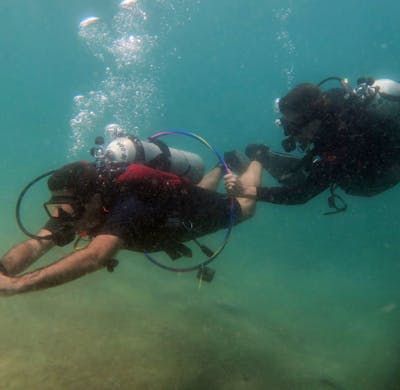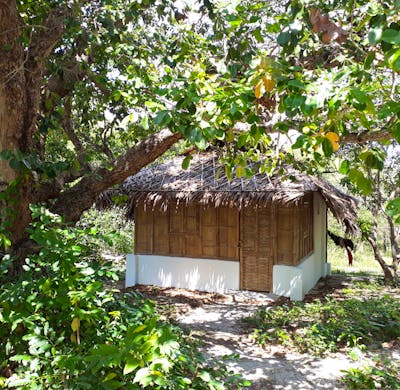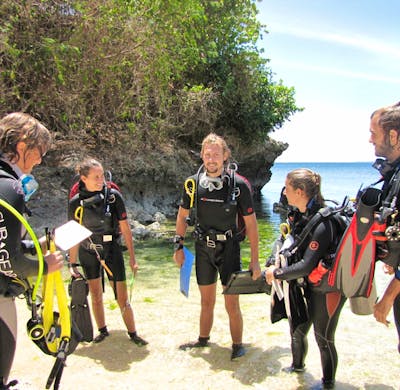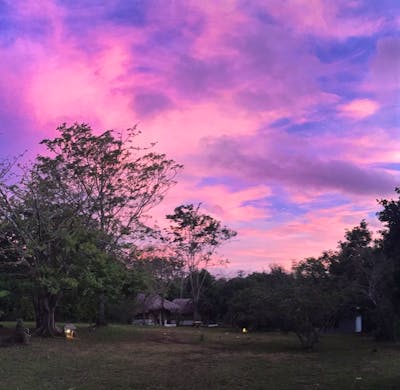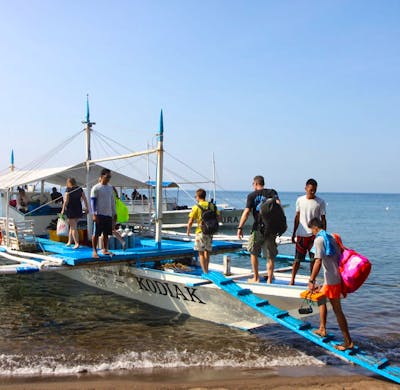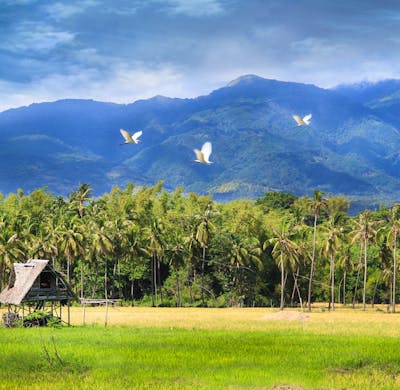a partire da 2.910€
Supporter for Marine Conservation
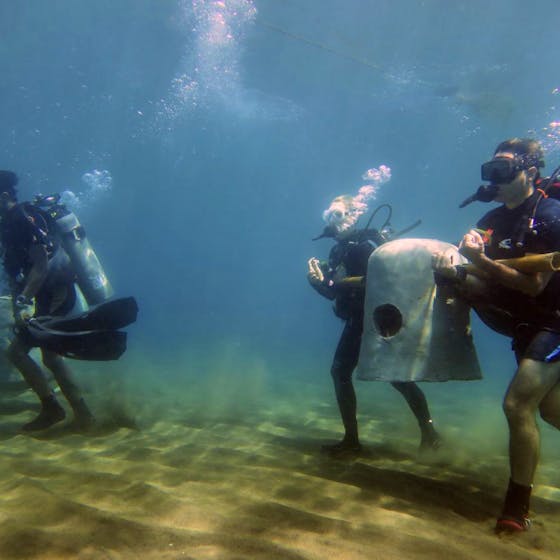
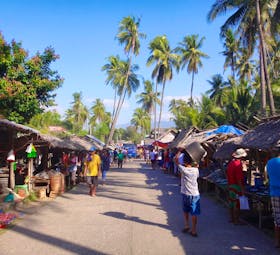
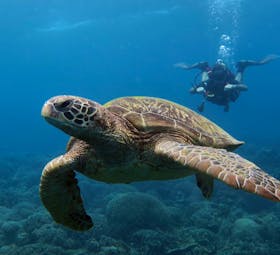
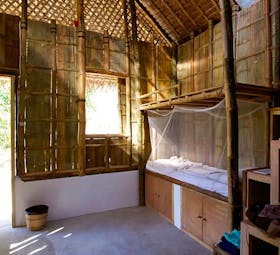
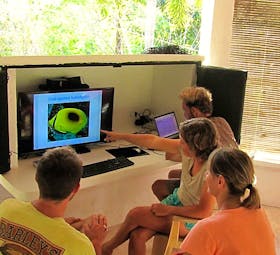
Punti Salienti
- Volunteer and help conserve the marine environment in the Philippines
- Acquire and develope excellent diving skills throughout the project
- Extend your trip to become a PADI dive master
- Use the outdoor jungle gym or visit the whole botanical garden which is more than ten hectares
- Explore neighbor islands throughout the weekends and cliff dive into amazing azure blue lagoons
Particolarmente adatto per
Sul programma
Join us as a volunteer, learn scientific diving and study marine biology, help campaign and meet people from all over the world who may end up as your lifelong friends.
If you are not certified as a diver already, you will start your participation in our program by getting licensed through the PADI system of education. As the work we carry out on fragile reefs require divers with excellent skills, we add additional practice and excursion dives until you’re ready ...
Giornata tipica
While you stay with Marine Conservation Philippines, there’s a great number of projects you can participate in. In fact there’s so much to do, that you can’t do it all. Some of our projects are continually ongoing – for example hands-on beach clean ups and the surveying of coral reefs. While ...
Attività del tempo libero
When you volunteer, you will be busy. There is not a lot of free time - the day starts early at seven, and often you're not done with the work for the day until the late afternoon. You will generally dive twice a day, six days a week. You're tired when you're done! In the weekends however, there ...
Requisiti
Servizi inclusi
Cosa NON è incluso?
Dettagli all'arrivo
Marine Conservation Philippines accepts new volunteers every second Monday.
Tariffe del programma
Incontra il tuo ospite

Marine Conservation Philippine
Non-profit - fondata nel 2015
Verificato da Volunteer World
Ospitato da
Soren
Sul progetto
28 recensioni ·  5
5
Posizione

Potreste essere interessati anche a
-
Barriera Corallina
Immersione
Pulizia dell oceano
Riduzione di plastica
Riduzione dei rifiuti
Cambiamento climatico
Gruppo
Progetti all estero
Adulti
Coppia
Natura
piu dei 50 anni
